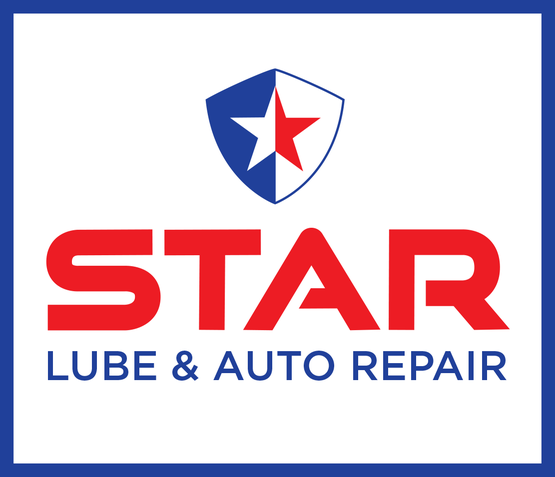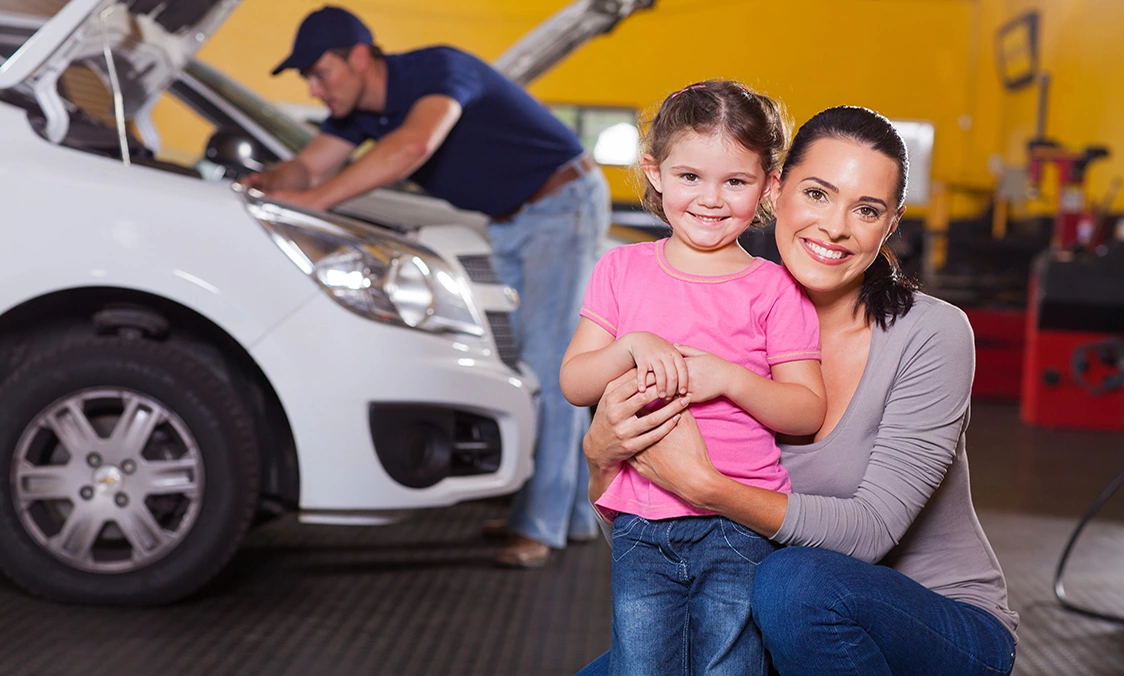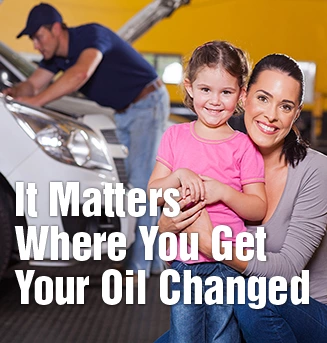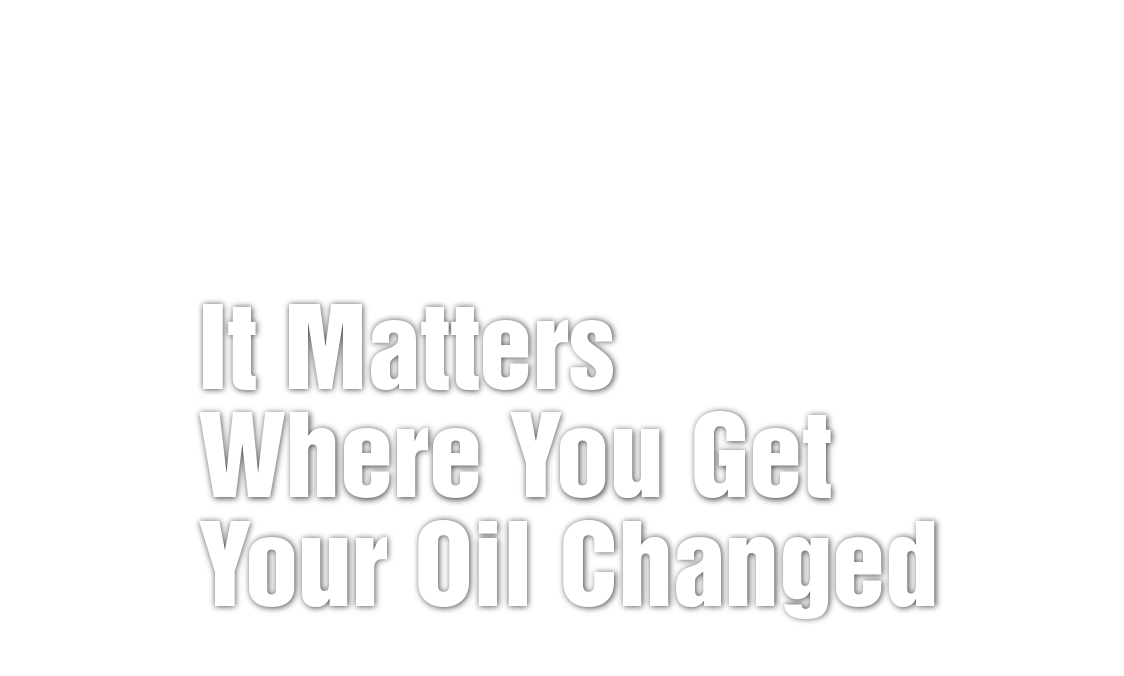Always on Guard (TMPS)
September 22, 2024
One of the most important things you can do to keep your vehicle running safely is to make sure your tires are properly inflated. If one or more is vastly over- or underinflated, that has the potential to cause major handling problems and may result in a dangerous accident.
All vehicles in recent years are equipped with Tire Pressure Monitoring Systems, or TPMS. One system uses small sensors in the tires that continually check the pressure in each tire. That sensor sends a signal to computers in your vehicle which turns on an instrument panel light warning of low pressure when at least one is very low. Or it may update a numeric reading on your instrument panel which gives you an approximation of how many PSI (pounds per square inch) of air is in each tire.
Another system works with your antilock brake system to measure the size of your vehicle’s tires. When one wheel is going faster than another, it will spin faster. A computer sees that and alerts you that tire’s diameter is smaller than the others and therefore must be underinflated.
No matter what system you have, it’s also helpful for you to know how much pressure each tire is supposed to be inflated to. You can find that on a label on the driver’s side door sill. In addition, the TPMS system should not be used as a substitute for checking your tires with a tire gauge since the TPMS accuracy usually isn’t quite as precise. Keep in mind that tire sensors can fail, so each system acts as a backup for the other.
Since many vehicles these days don’t have spare tires, it’s good to know that your TPMS can warn you if you have a leak in one of your tires. If you get a low-pressure warning, many systems will tell you which tire is low, so you can do your own visual check. Often you can see if you’ve picked up a nail or a screw if it’s sticking out of the tread or near the sidewall.
Being able to receive an early warning from your vehicle of abnormal tire pressure may give you a chance to safely drive to a service center before your tire slowly goes completely flat (which can ruin the tire and badly damage the rim). It also may ultimately prevent you from being stranded somewhere with a flat tire or, most importantly, having a sudden blowout on the road.
Star Lube Centerton
550 W Centerton Blvd
Centerton, Arkansas 72719
479-795-1060
http://www.starlubecenterton.com
Need Service?
More articles from Star Lube & Auto Repair

Alleviate the Creaks and Squeaks (Chassis Lubrication)
April 20, 2025
If your vehicle creaks and squeaks when you drive down the road, it may mean that some of the metal parts are rubbing against each other and need to be lubricated. Those could be parts of the suspension, steering system and the drivetrain. Years ago, most vehicles had to have their chassis (wha... More

A Fluid Situation (Check Fluid Levels)
April 13, 2025
There's one fluid in your car you are always careful to keep at a certain level: the fuel. If you don't have fuel, you're not going anywhere. Your vehicle has other fluids which are vitally important to proper and safe operation, too. So, here's a "level" headed approach to those "other" fluids... More

The Daily Grind (Grinding Noise)
April 6, 2025
If your vehicle makes a grinding sound when you turn the steering wheel, it's speaking to you. No, really, it is. So listen to what it's saying and you could avoid a much more costly repair down the road. A grinding sound coming from the front of your vehicle when you are turning can offer some... More









